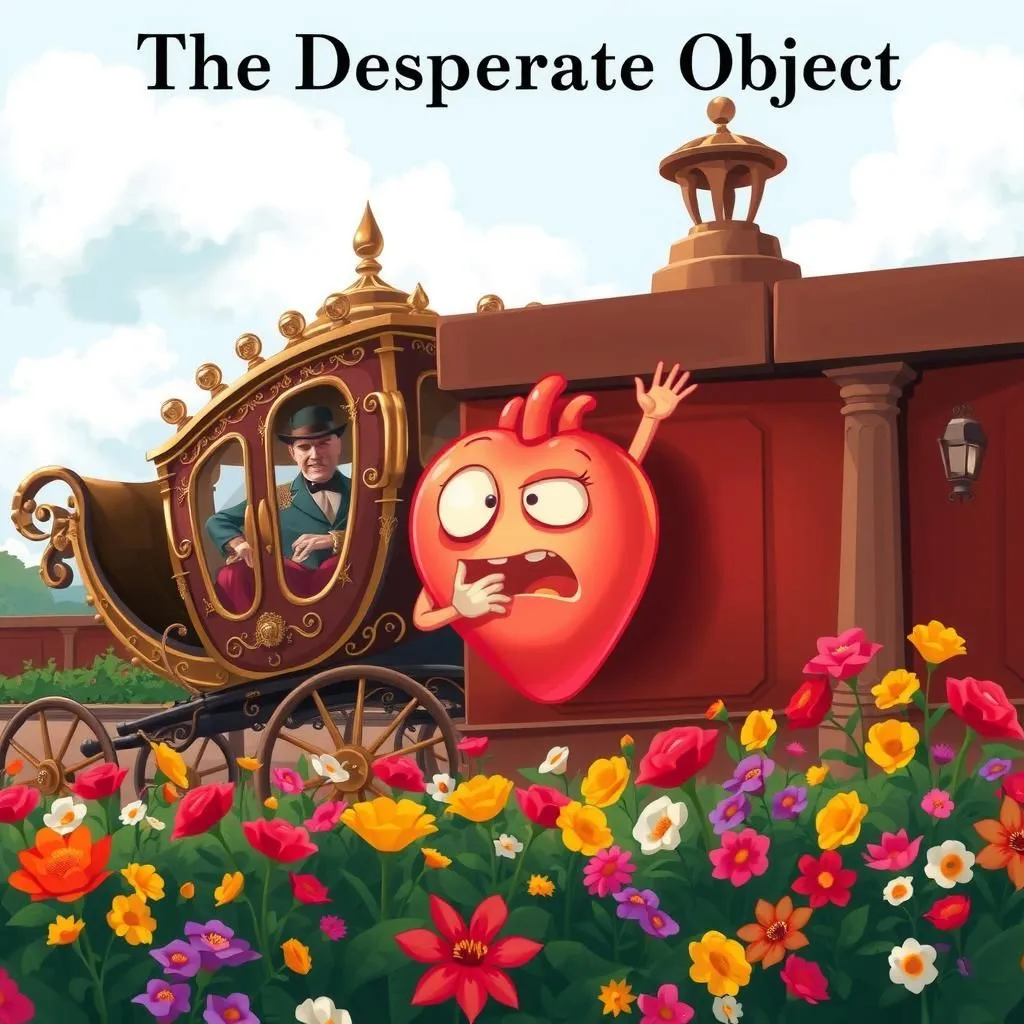
The Crew of the Life-boat
In this uplifting moral story, the Gallant Crew at a life-saving station nearly launched their life-boat for a leisurely outing when they spotted a capsized vessel with twelve men clinging for dear life. Recognizing the potential disaster they narrowly avoided, they wisely decided to return the life-boat to its house, ensuring their continued service to their country and highlighting the simple lesson that sometimes, saving oneself can lead to greater good. This heartwarming tale serves as a reminder of the importance of self-preservation for the sake of helping others in need.


